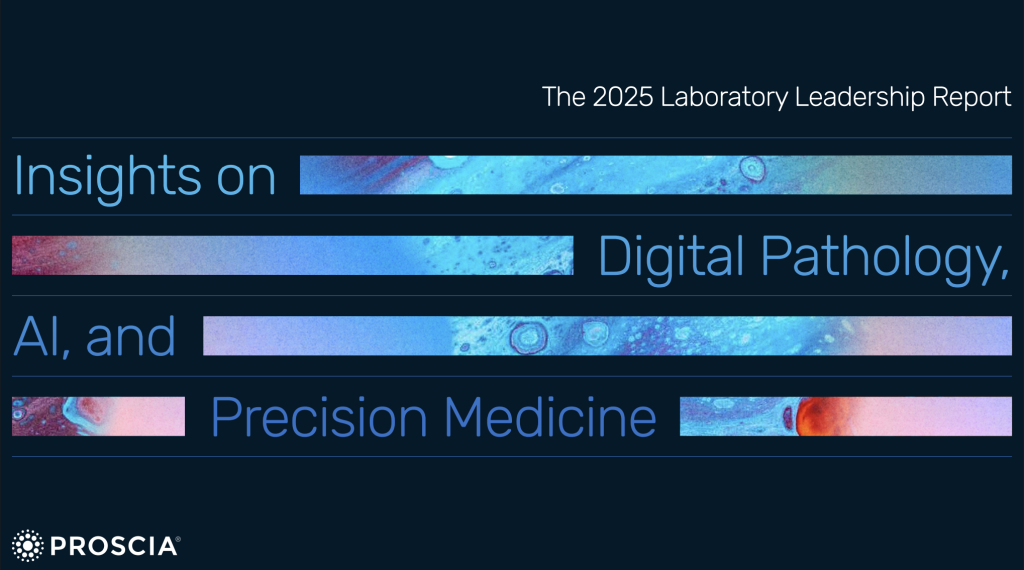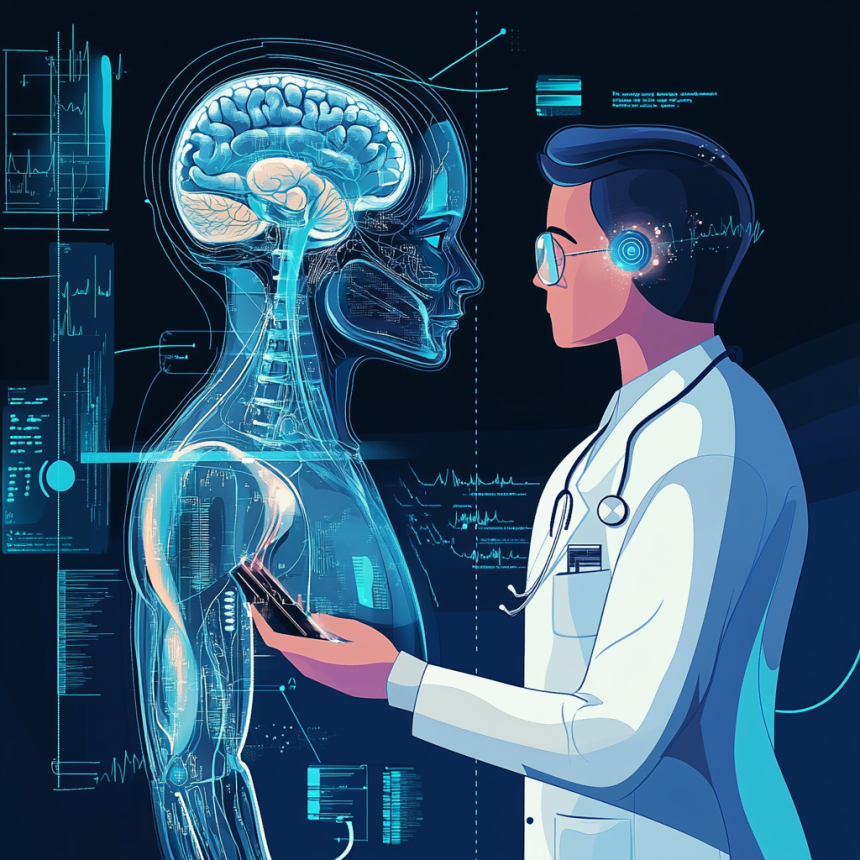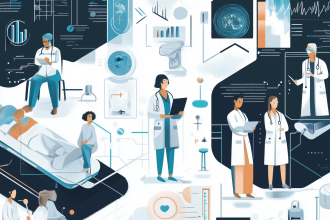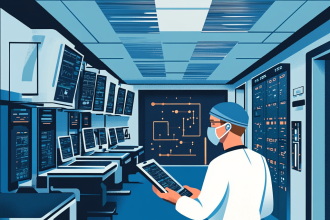As first reported by Imaging Technology News, the 2025 Laboratory Leadership Report reveals a growing consensus among senior diagnostic laboratory professionals: artificial intelligence (AI) and digital pathology are now essential to modernizing laboratory operations and enabling precision medicine. The report, based on a survey of 360 industry leaders conducted by The Dark Intelligence Group for Proscia, highlights how laboratories are responding to sector-wide challenges by adopting transformative technologies.

Source: proscia.com.
Staffing shortages and reimbursements drive urgency
Staffing shortages (38%) and declining reimbursements (31%) are the top concerns for laboratory leaders, outpacing other common industry pressures like regulatory compliance or the pace of technological change. In response, many laboratories are shifting from temporary fixes to long-term modernization strategies. Key focus areas include automation (30%), molecular and genetic testing (29%), and AI (25%)—technologies viewed as essential to increasing efficiency and improving diagnostic precision.
Digital pathology and AI lead the precision medicine push
Laboratory leaders are also aligning their technology adoption strategies with the promise of precision medicine. The survey found that 86% believe precision medicine is now delivering measurable clinical value. The top expected benefits include more effective therapies (80%), more accurate diagnoses (75%), and improved patient outcomes (61%). Importantly, 59% of respondents view digital pathology and AI as highly or extremely impactful in realizing this vision—demonstrating their central role in laboratories’ evolving missions.
Vendor trust and usability are critical
When selecting digital pathology and AI solutions, laboratory decision-makers are emphasizing vendor trust and usability. Sixty-four percent prioritize a vendor’s reputation, while 54% look to customer references, and 46% value future vision. Product functionality (47%) and user experience (45%) are also key selection criteria, indicating a desire for comprehensive, intuitive tools that can support clinicians under pressure and integrate seamlessly into workflows.
The findings underscore a pivotal shift in diagnostic laboratories, where digital pathology and AI are not just future innovations but present-day necessities. By aligning modernization efforts with precision medicine goals, lab leaders are laying the groundwork for more efficient operations, accurate diagnoses, and ultimately, better patient care. As the field continues to evolve, long-term vendor partnerships and inclusive technology design will be critical to unlocking the full potential of AI in pathology.





